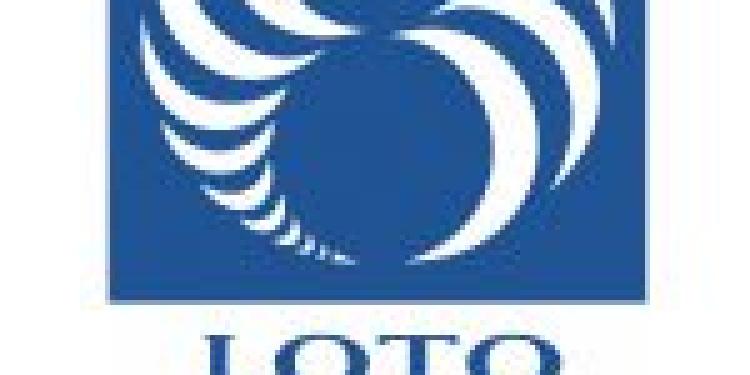Canadian State Lottery in Quebec Fails
Posted: September 15, 2012
Updated: October 4, 2017
Canadian State Lottery in Quebec: net earning down 7.2%, online operation grows over 30%

The stand of the government with gambling is a bit two-faced in Canada. The government is not clear whether it wants it or not. But they are sure about wanting some income from state-owned and state-operated gambling solution. They just can’t seem to get things right.
Canadian provincial lottery corporation Loto-Quebec’s quarterly reports (first quarter of the 2012-13 fiscal year) just arrived in the Canadian gambling news. The company’s sales were down 4.6% to $842m last quarter, net earnings fell 7.2% to $304.9m. (The figures are in Canadian Dollar, or CAD, but we’ll stick to the use of the $ sign in this article).
Loto-Quebec tried to explain the fall in sales by saying last year’s same quarter has two more working days. That alone should not explain the significant fall in both sales and earnings, but it’s nice to know the Canadians have so many days off as paid holidays.
Lottery sales were on the rise 2.1%, possibly because their Lotto Max game had a $50m jackpot, first time in its history. Bingo (something the Canadians are only allowed to play in charity games a few decades ago) went up almost 4%. On the other hand, land-based casino revenue fell over 2%, as well as video lottery sales (1%).
The Canadian gambling laws are really tricky about online gambling. The Canadian government does not let private companies operate internet casinos. Some states, pardon, provinces and / or territories do have government-owned and operated gambling sites, such as Loto-Quebec operates Espacejeux, roughly translated as play-space. What a flashy name.
The above-mentioned state-owned Canadian internet casino Espacejeux reported a turnover of $5.9m, which is a rise of 30.7% from the previous year. That’s all information the government-owned website has shared with the world. We know nothing about net earnings or what online games contribute this over 30% rise.












